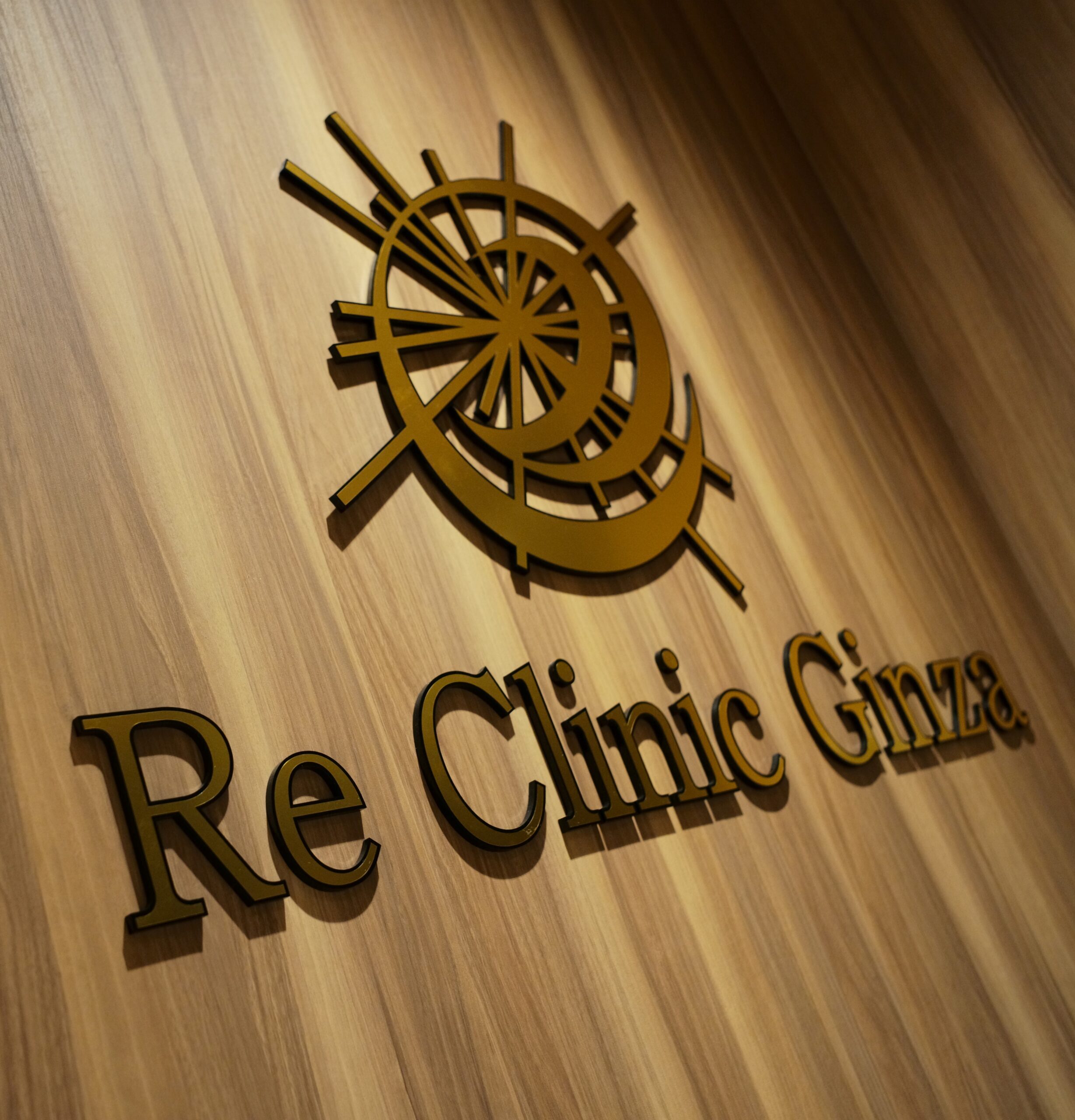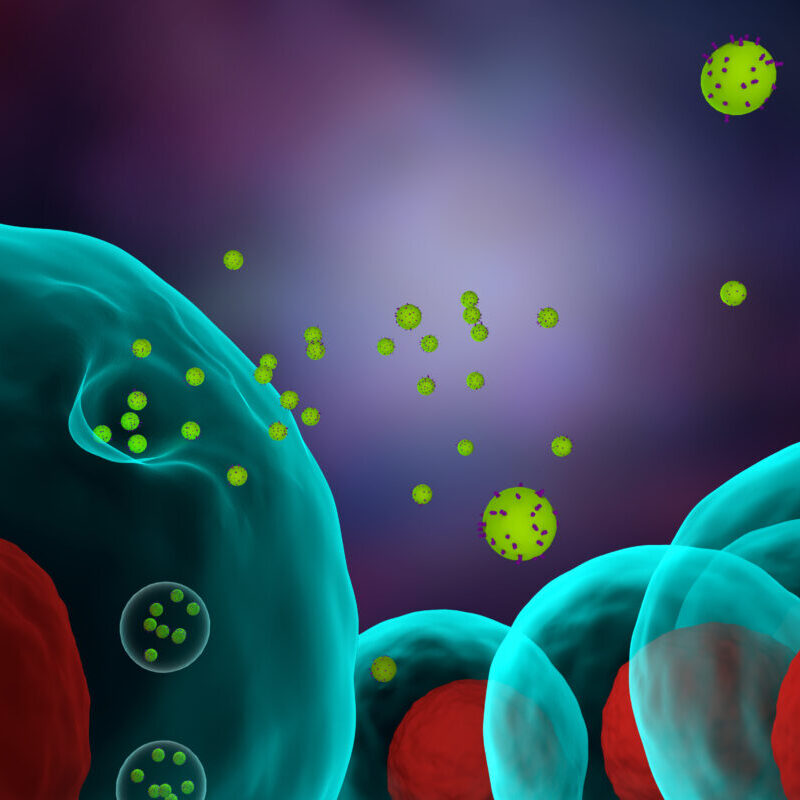- ホーム
- Medical Specialties
- Regenerative Medicine
- Osteoarthritis of the knee joint
Regenerative Medicine
Osteoarthritis of the knee joint
It aims to realign the disrupted tissues, reduce pain, and prevent further progression of deformities beyond the current state.
Osteoarthritis of the knee joint, also known as degenerative knee arthritis, is a condition characterized by pain in the knee due to changes in the structure of the knee bones and degeneration of the joint cartilage.
Some of the primary causes include:
・Repetitive tasks that place excessive stress on the knee joint.
・Aftereffects of trauma, such as fractures, ligament injuries, and meniscus injuries.
・Excess body weight.
These are among the contributing factors.
Inflammation occurs as a result of the gradual wearing down of the knee cartilage due to stress on the knee. As the symptoms progress, fluid may accumulate in the knee, making it difficult to bend or straighten the knee. Sitting cross-legged or in the seiza position becomes challenging, and going up and down stairs can be difficult. These are some of the symptoms that start to appear.
As the disease progresses and reaches an advanced stage, the bones themselves become damaged, leading to deformities in the knee. Walking becomes extremely painful, and the legs may deform into bowlegs (genu varum) or knock-knees (genu valgum), making it difficult to extend the legs. When walking becomes challenging, it can lead to a lack of physical activity, a decline in strength, and in the worst-case scenario, the possibility of becoming bedridden.
Furthermore, once the cartilage has worn down and disappeared, it cannot regenerate on its own. In such severe cases, there may be a need for knee replacement surgery, which could require hospitalization.
Therefore, at our clinic, we offer cutting-edge treatment known as adipose-derived mesenchymal stem cell therapy. This involves isolating stem cells from your own adipose tissue, culturing and expanding them to approximately 100 million cells, and then delivering them into the body or the affected area through methods like injections. It is a highly safe form of regenerative medicine that has gained significant attention.
Regenerative Medicine
-
Male Menopausal Syndrome
We use adipose-derived mesenchymal stem cells to promote the recovery of male menopausal syndrome.
-
Osteoarthritis of the knee joint
It aims to realign the disrupted tissues, reduce pain, and prevent further progression of deformities beyond the current state.
-
Arteriosclerosis
We use adipose-derived mesenchymal stem cells to promote the recovery of arteriosclerosis.



